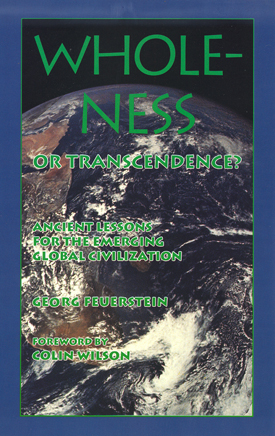The Quest of the Overself
By Paul Brunton
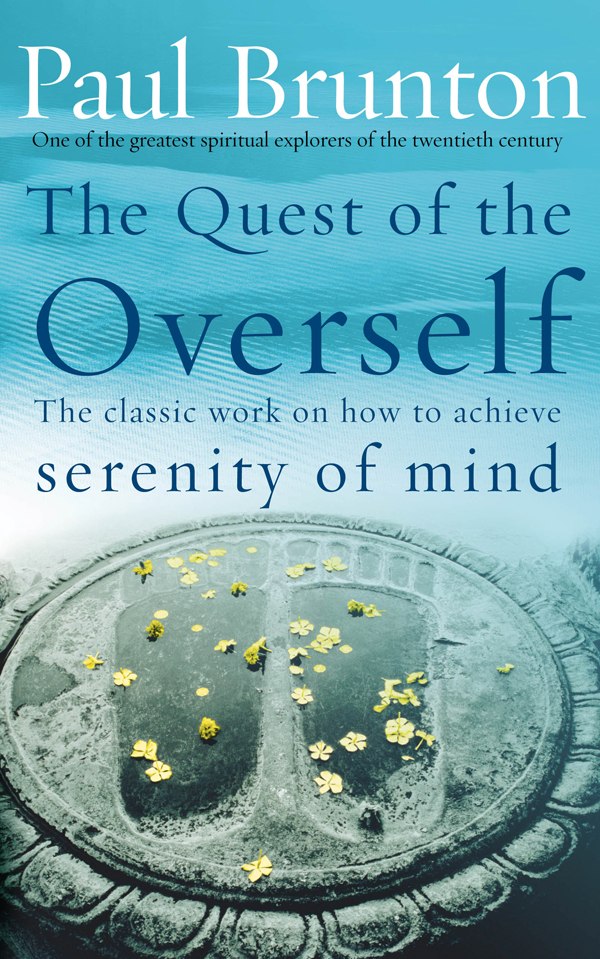
Retail/cover price: $22.95
Our price : $20.65
(You save $2.30!)
About this book:
The Quest of the Overself
by Paul Brunton
The classic work on how to achieve serenity of mind and heart.
Subjects: Spirituality, Meditation, Mysticism, Happiness, Spiritual Life
5.25 x 8.5, paperback
344 pages
ISBN 10: 1-844-13041-X
ISBN 13: 978-1-844-13041-2
Book Details
The Quest of the Overself explains how to engage in meditation practices and mental exercises, describes the Overself as our true self, and outlines a specific approach to the spiritual quest. At the outset PB explains that he has chosen the term Overself to refer to our soul, our higher self because he wants us to start fresh as we ask the question, "What exactly is this deeper 'I' within me?" He provides the practitioner with the methods of meditation and self-inquiry needed to answer this question for him or herself — and to thereby achieve self-realization.
The book is divided into two Parts: "The Analyses" and "The Practices." In Part One, PB analyzes the physical, emotional, and intellectual self, focusing on the spiritual development that takes place with each. This section is a thorough and accurate expansion of Sri Ramana Maharshi's "Who Am I?" exercise, and if put into practice, will provide the seeker with the direct mystical experience of the "answer" to this inquiry.
In Part Two, PB balances the effort of inquiry with that of developing and maturing the very aspects of our person from which we aim to become detached. This second phase is the crucial difference between mysticism and philosophy, between those who seek spiritual development for themselves alone and those who are preparing to share the fruit of their labors with humankind. To this end PB provides instruction for emotional refinement, mental mastery, the path of self-inquiry, and addresses mysteries of the breath, eye, heart, and Overself. The final chapters describe the extraordinary power and presence of the Overself, its practical intuitional guidance, and its sacred residence within our hearts.
In later years, PB told one of our editors that one reader he knew read this book—and only this book, no others, repeatedly—and achieved a lasting realization.
To see all our Paul Brunton titles, scroll down to The Complete Paul Brunton Opus below.
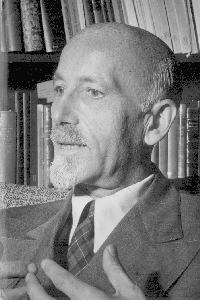
Paul Brunton helps us hear the melody behind the medley of today's "spiritual marketplace." His late writings raise the bar for what we can expect of spiritual teachings and teachers, and what we can do for ourselves. Born in London in 1898, he soon became a leading pioneer of much of what we now take for granted. He traveled widely throughout the world (long before it was fashionable) to meet living masters of various traditions with whom he then lived and studied. His eleven early books from 1934–1952 shared much of what he learned, and helped set the stage for dramatic east-west exchanges of the late 20th century. Paul Brunton left more than 10,000 pages of enormously helpful new work in notebooks he reserved for posthumous publication, much of which is now available as The Notebooks of Paul Brunton. See "The Complete Paul Brunton Opus" in blue below to see his many works available on this site. You can also search on Paul Brunton in the search bar to browse the selections, or click on a link below for specific connections.
Click here for an article about Paul Brunton.
Click here for The Notebooks of Paul Brunton.
To access small theme-based books compiled from Paul Brunton's writings, scroll down to Derived from the Notebooks below.
To access Paul Brunton's early writings, published from 1934–1952, scroll down to Paul Brunton's Early Works below.
To access commentaries on Paul Brunton and his work by his leading student, Anthony Damiani, as well as other writings about Paul Brunton and/or his work, scroll down to Commentaries and Reflections on Paul Brunton and His Work below.
Book Details
The Quest of the Overself explains how to engage in meditation practices and mental exercises, describes the Overself as our true self, and outlines a specific approach to the spiritual quest. At the outset PB explains that he has chosen the term Overself to refer to our soul, our higher self because he wants us to start fresh as we ask the question, "What exactly is this deeper 'I' within me?" He provides the practitioner with the methods of meditation and self-inquiry needed to answer this question for him or herself — and to thereby achieve self-realization.
The book is divided into two Parts: "The Analyses" and "The Practices." In Part One, PB analyzes the physical, emotional, and intellectual self, focusing on the spiritual development that takes place with each. This section is a thorough and accurate expansion of Sri Ramana Maharshi's "Who Am I?" exercise, and if put into practice, will provide the seeker with the direct mystical experience of the "answer" to this inquiry.
In Part Two, PB balances the effort of inquiry with that of developing and maturing the very aspects of our person from which we aim to become detached. This second phase is the crucial difference between mysticism and philosophy, between those who seek spiritual development for themselves alone and those who are preparing to share the fruit of their labors with humankind. To this end PB provides instruction for emotional refinement, mental mastery, the path of self-inquiry, and addresses mysteries of the breath, eye, heart, and Overself. The final chapters describe the extraordinary power and presence of the Overself, its practical intuitional guidance, and its sacred residence within our hearts.
In later years, PB told one of our editors that one reader he knew read this book—and only this book, no others, repeatedly—and achieved a lasting realization.
To see all our Paul Brunton titles, scroll down to The Complete Paul Brunton Opus below.
About Paul Brunton

Paul Brunton helps us hear the melody behind the medley of today's "spiritual marketplace." His late writings raise the bar for what we can expect of spiritual teachings and teachers, and what we can do for ourselves. Born in London in 1898, he soon became a leading pioneer of much of what we now take for granted. He traveled widely throughout the world (long before it was fashionable) to meet living masters of various traditions with whom he then lived and studied. His eleven early books from 1934–1952 shared much of what he learned, and helped set the stage for dramatic east-west exchanges of the late 20th century. Paul Brunton left more than 10,000 pages of enormously helpful new work in notebooks he reserved for posthumous publication, much of which is now available as The Notebooks of Paul Brunton. See "The Complete Paul Brunton Opus" in blue below to see his many works available on this site. You can also search on Paul Brunton in the search bar to browse the selections, or click on a link below for specific connections.
Click here for an article about Paul Brunton.
Click here for The Notebooks of Paul Brunton.
To access small theme-based books compiled from Paul Brunton's writings, scroll down to Derived from the Notebooks below.
To access Paul Brunton's early writings, published from 1934–1952, scroll down to Paul Brunton's Early Works below.
To access commentaries on Paul Brunton and his work by his leading student, Anthony Damiani, as well as other writings about Paul Brunton and/or his work, scroll down to Commentaries and Reflections on Paul Brunton and His Work below.
The Complete Paul Brunton Opus:
Paul Brunton's most mature work, in the order he specified for posthumous publication.
Smaller books on popular/timely themes, developed from the Notebooks and published posthumously.
Paul Brunton's works published during his lifetime from 1934-1952
Commentaries/Reflections by other authors on Paul Brunton or his works.

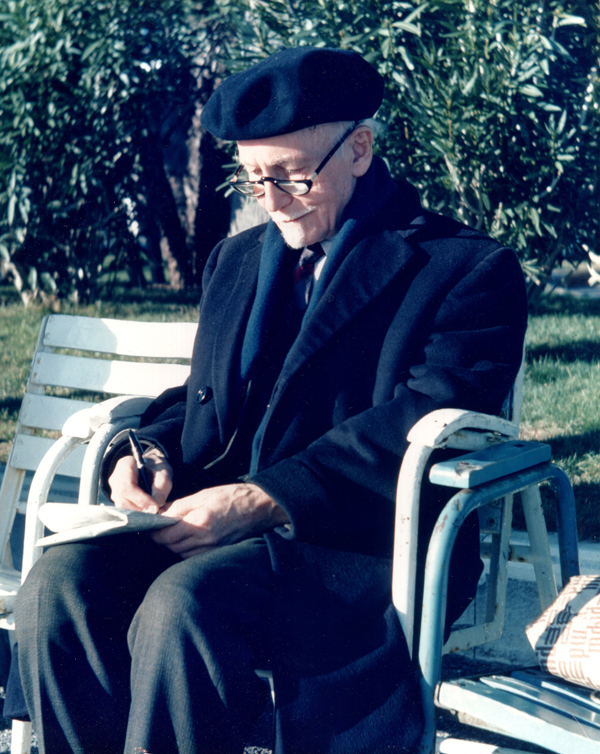
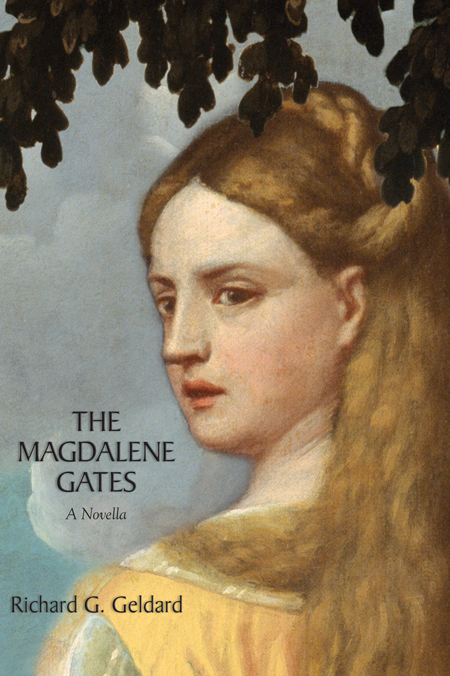
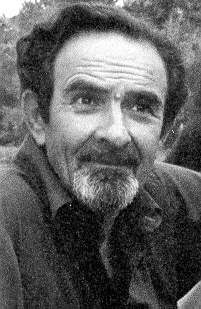
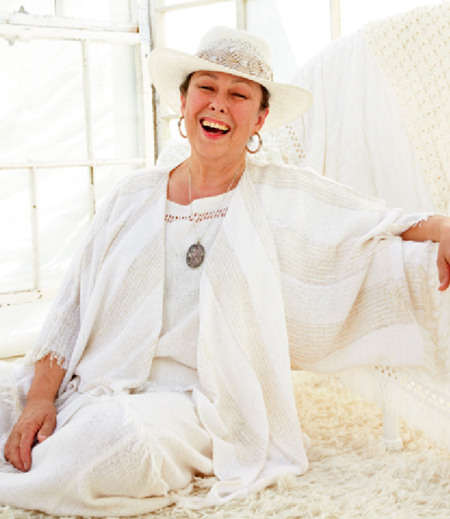

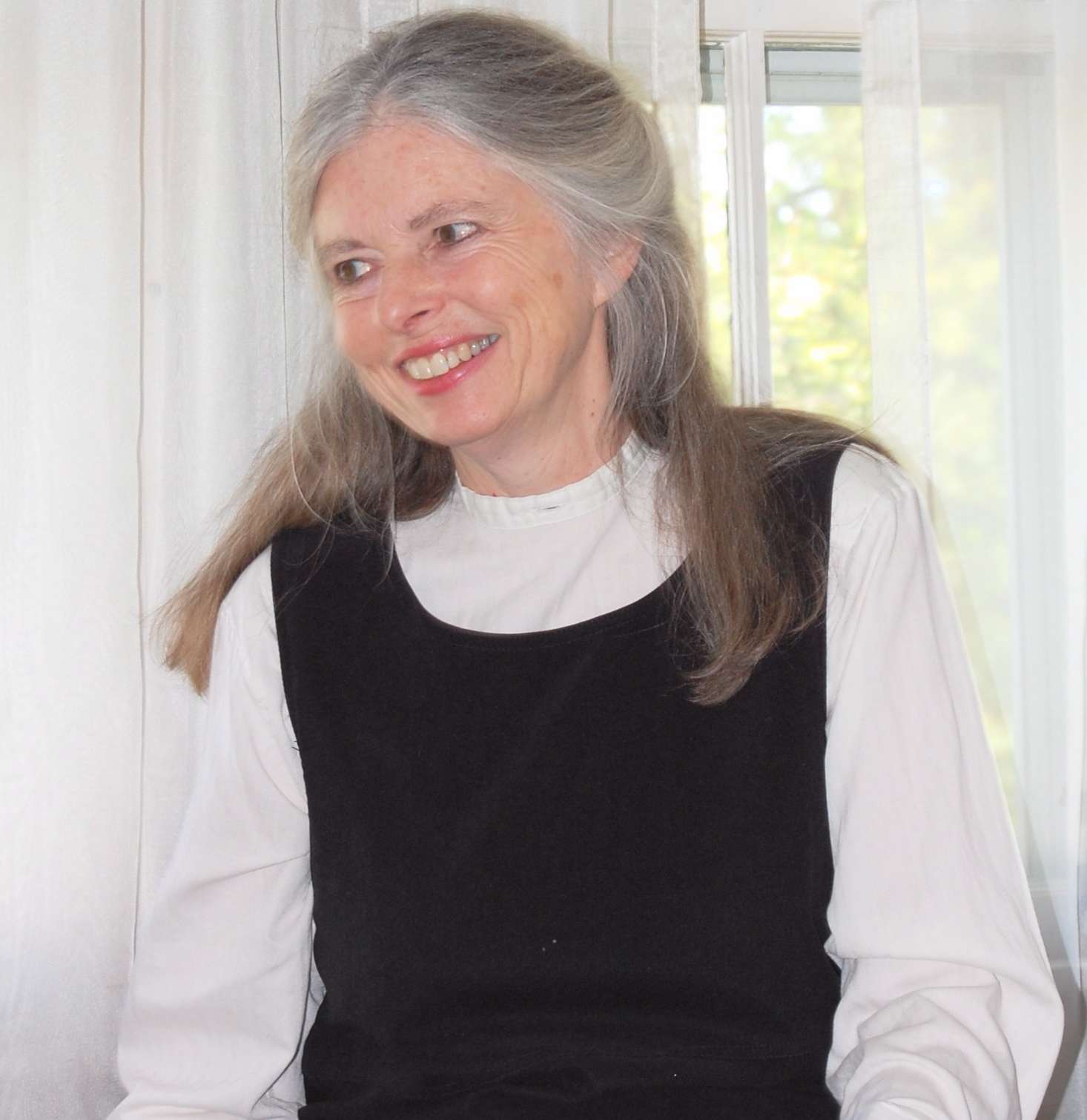
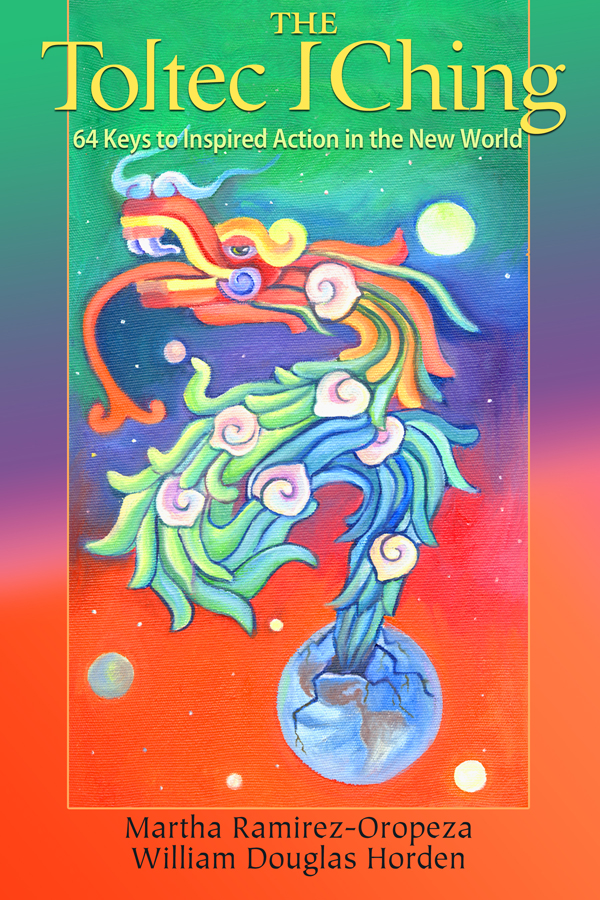
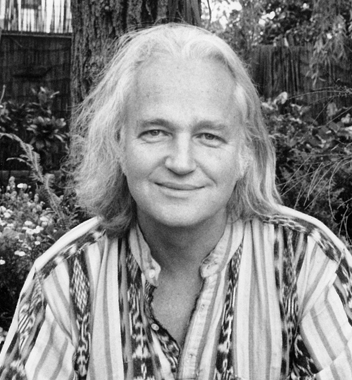
.jpg)
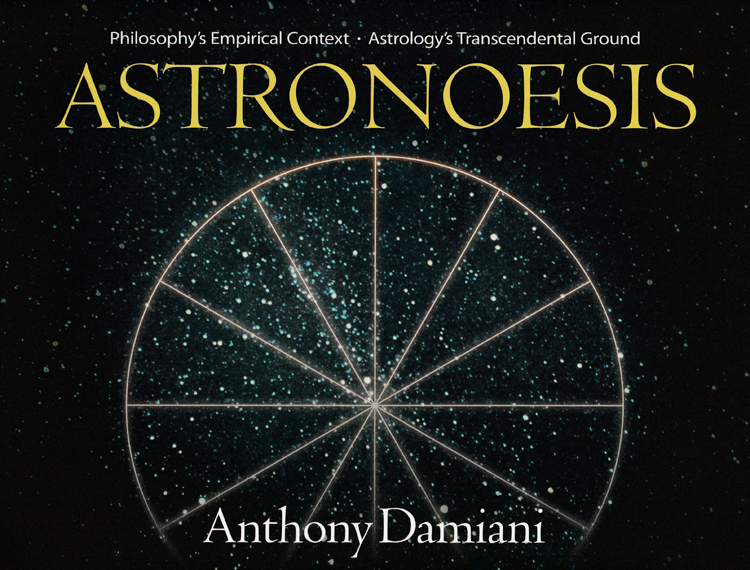
.jpg)
.jpg)
.jpg)
.jpg)
.jpg)
.jpg)
.jpg)
.jpg)
.jpg)
.jpg)
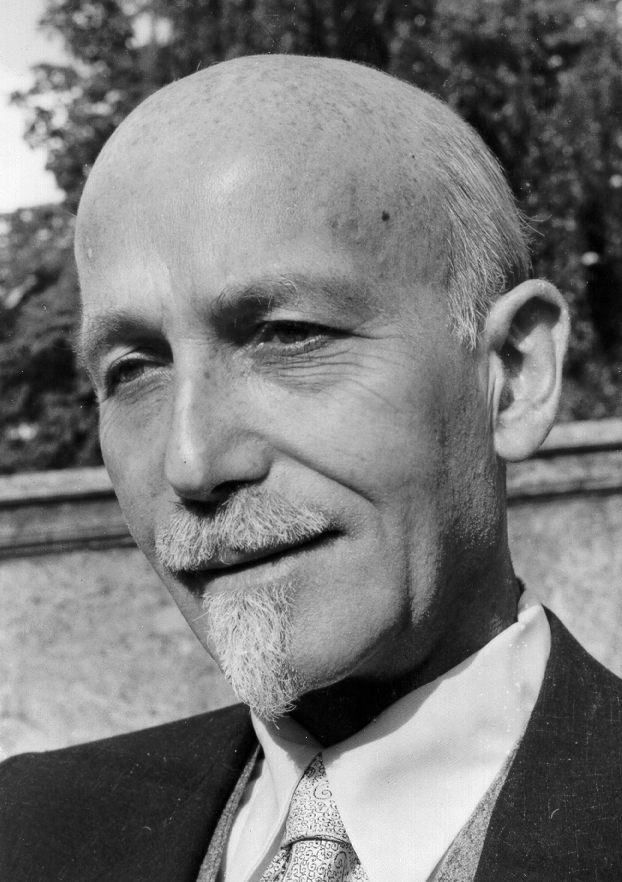
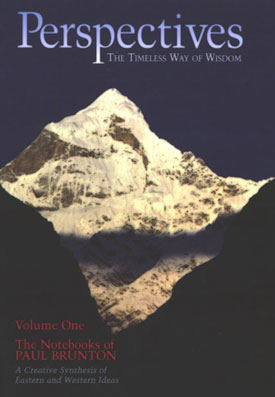
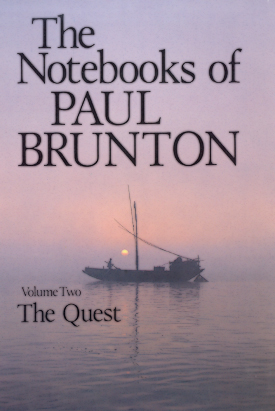
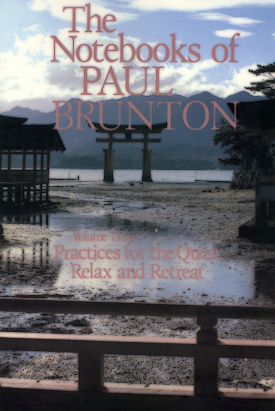
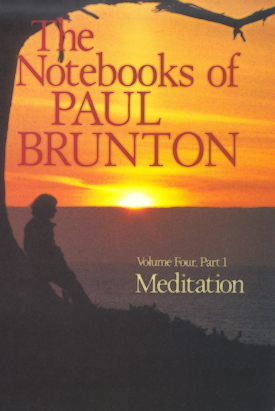
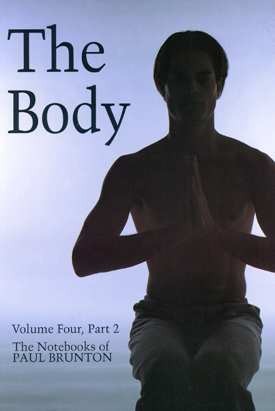
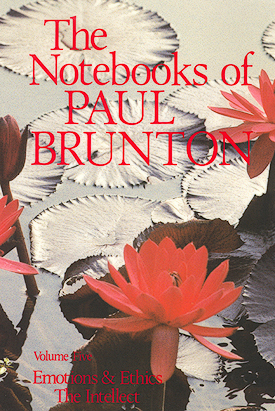
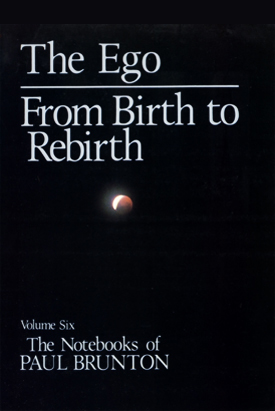
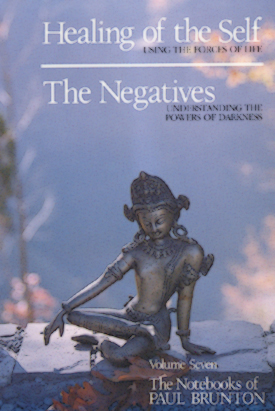
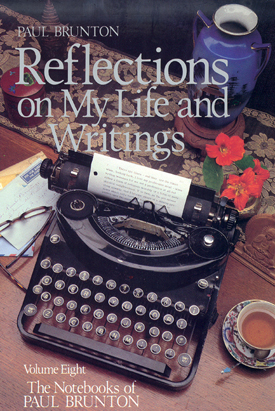
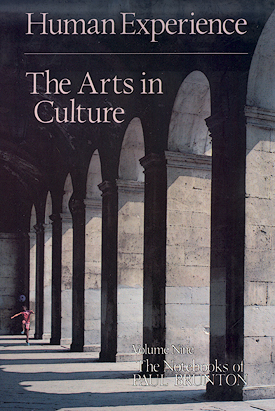
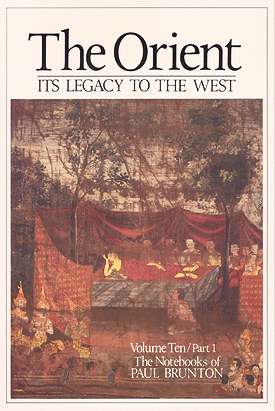
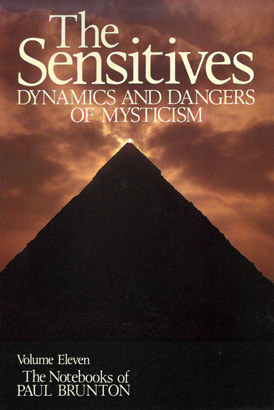
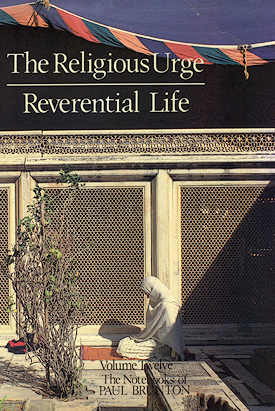
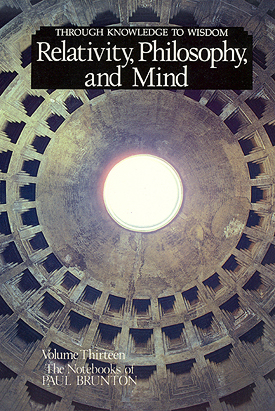
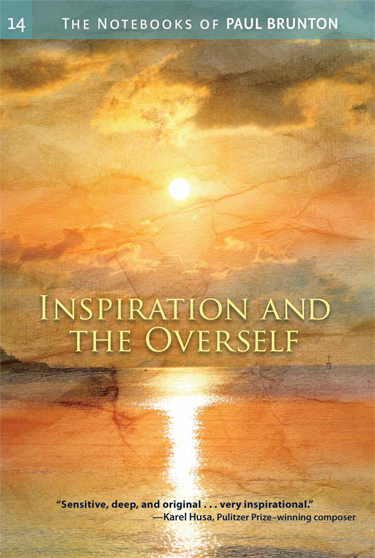
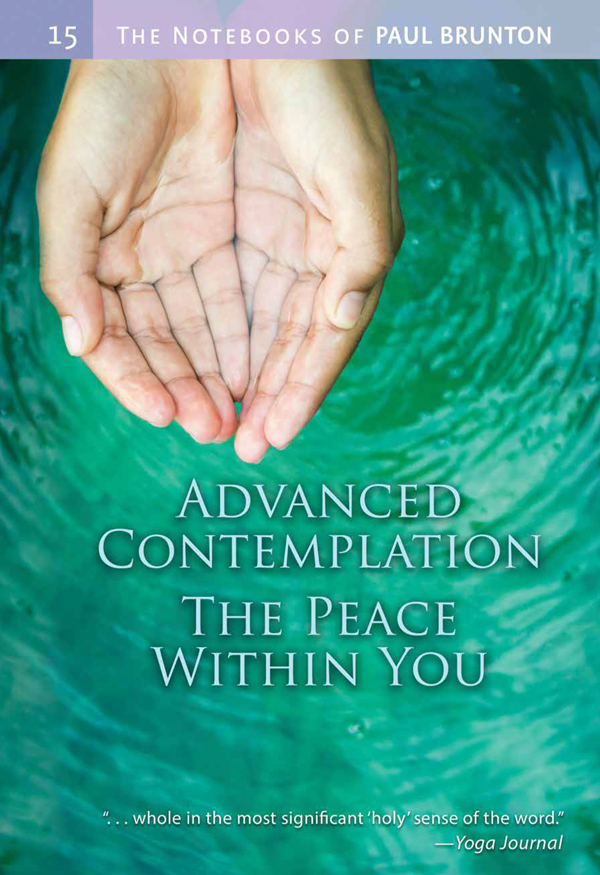
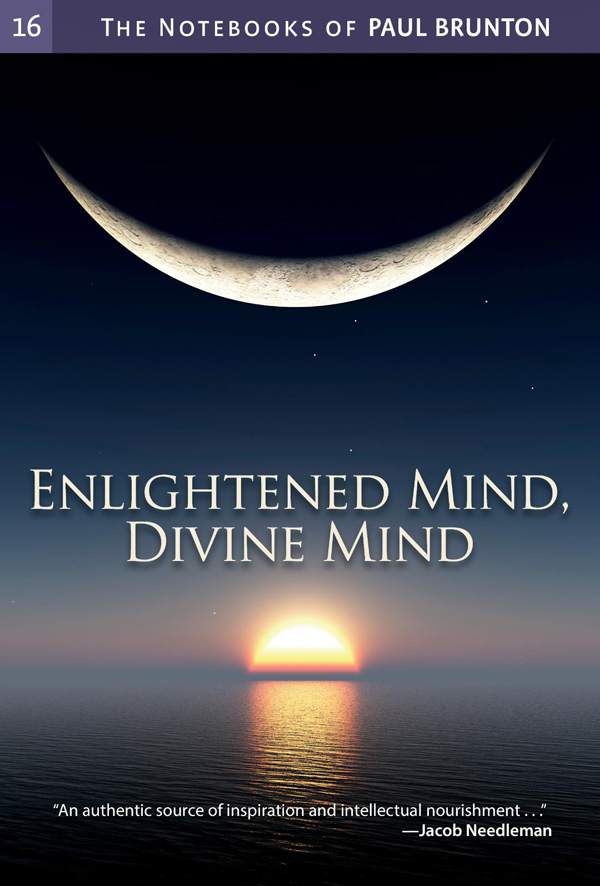
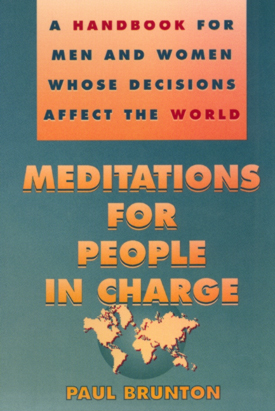
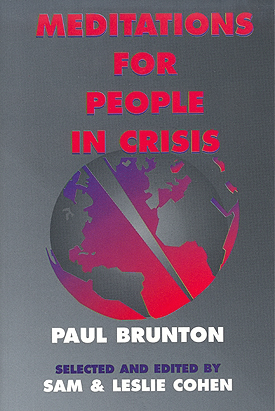

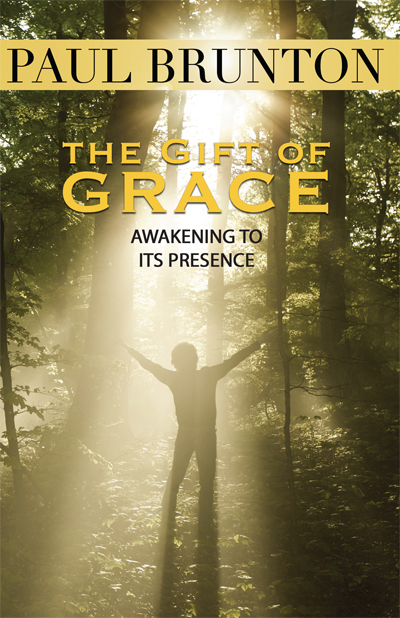
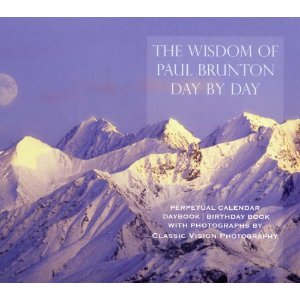
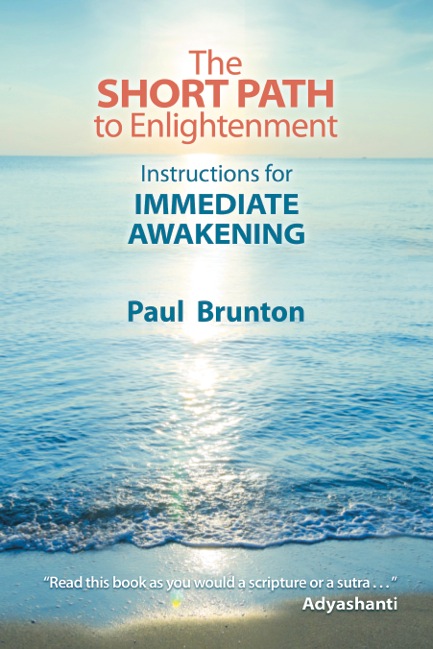
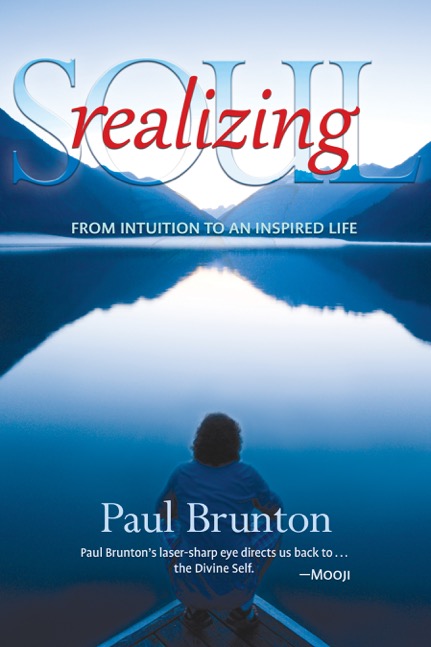
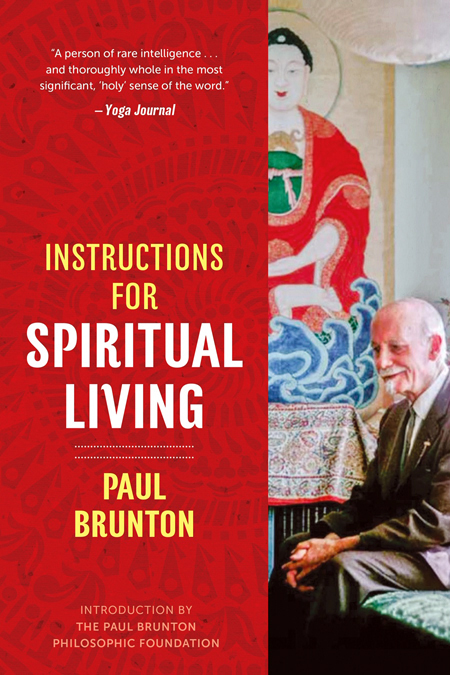
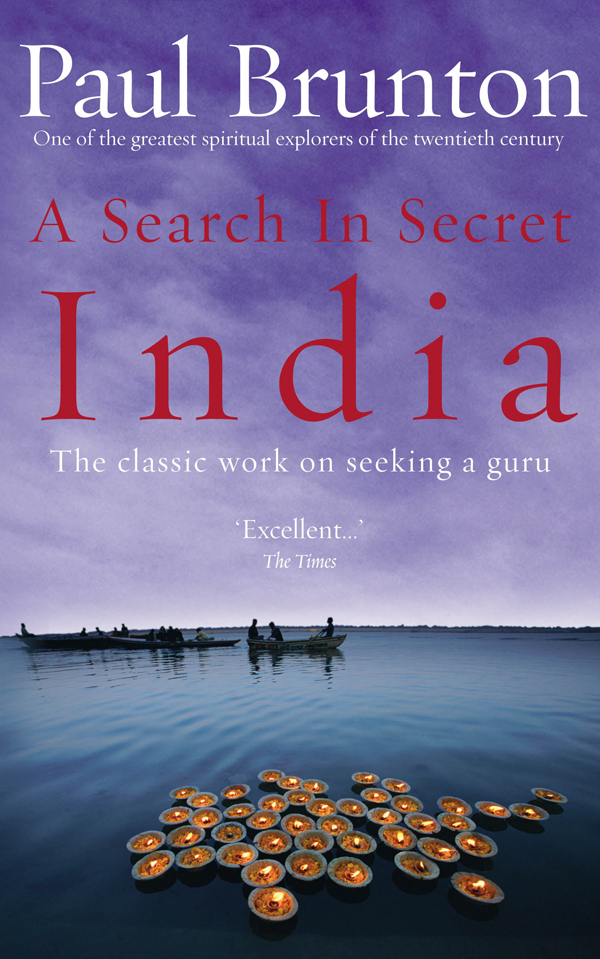
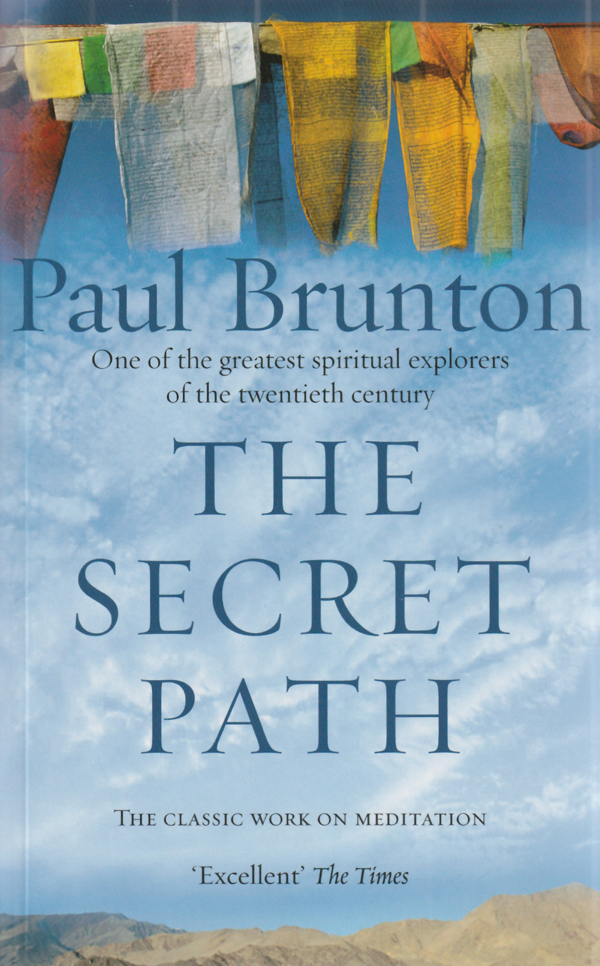
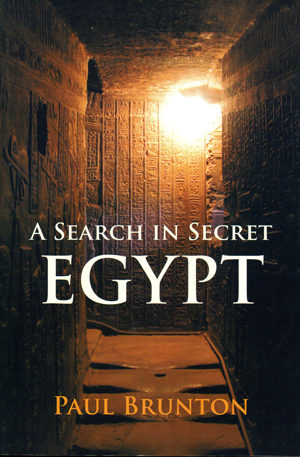
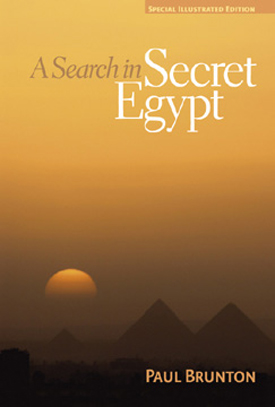
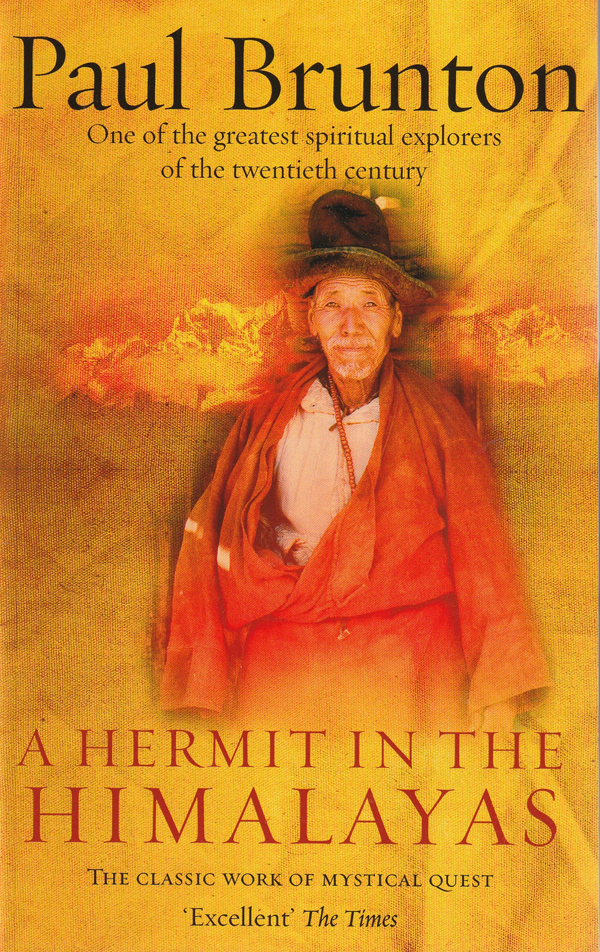
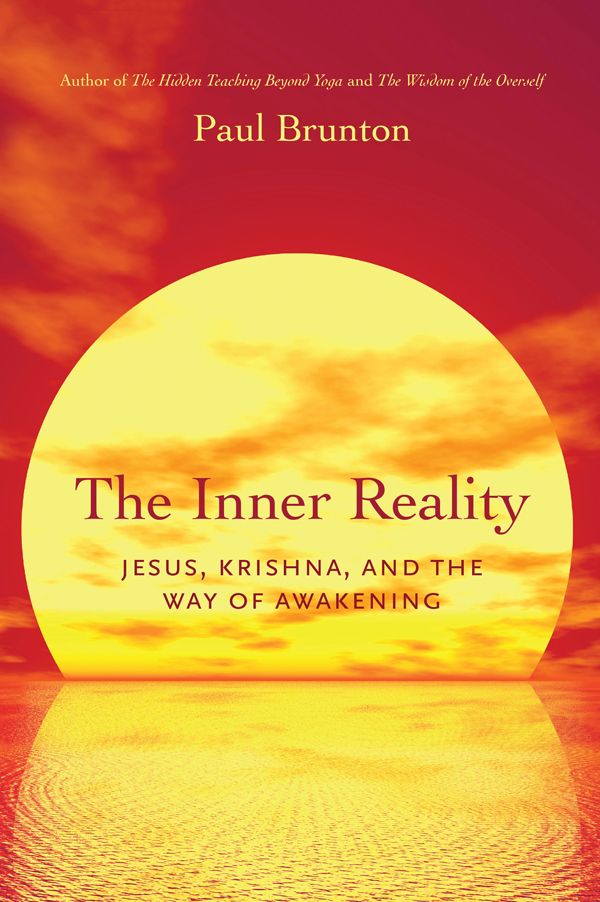
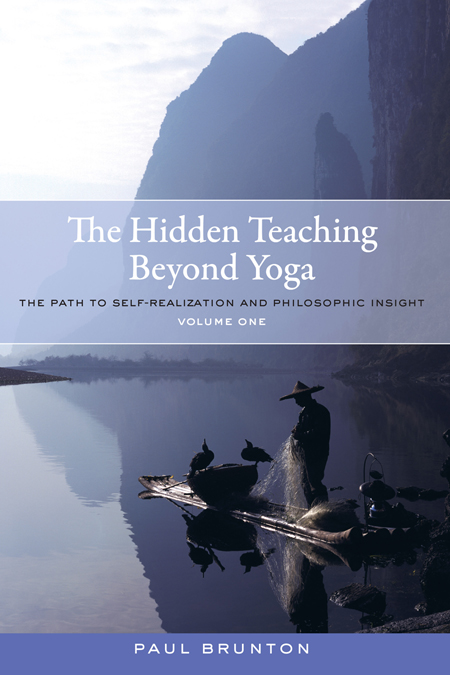
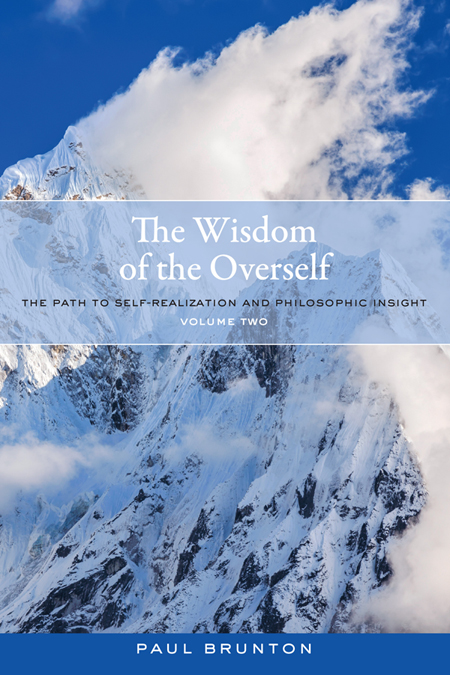
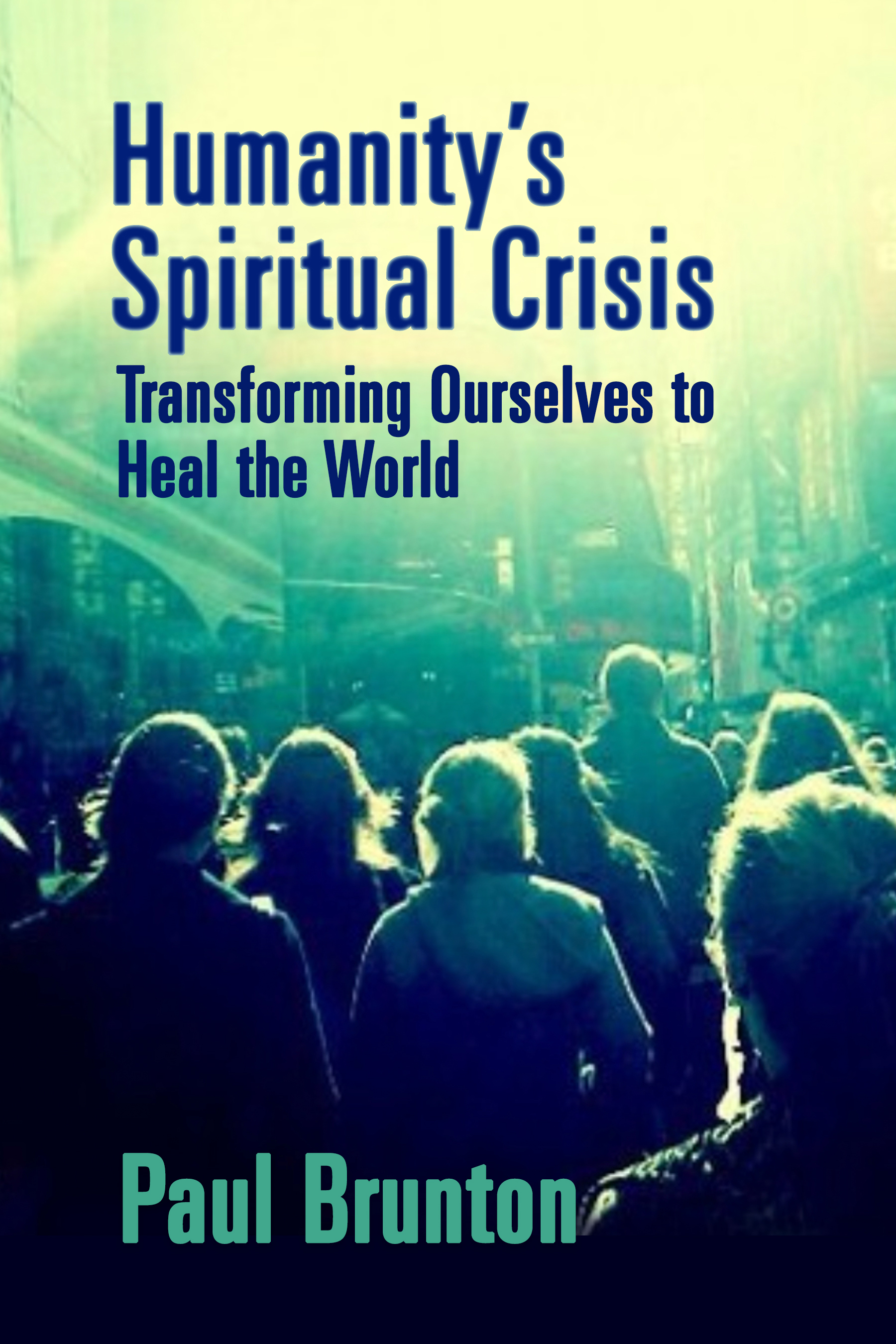
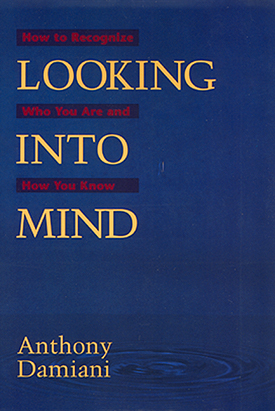
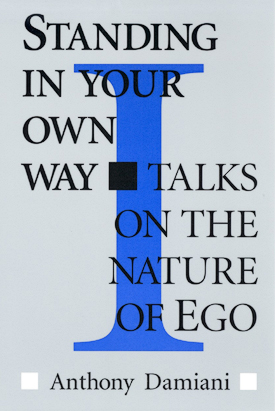
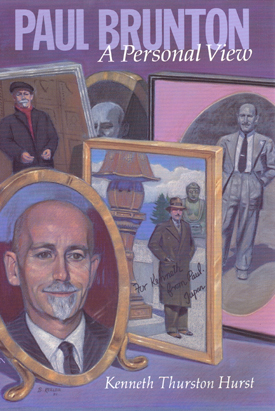
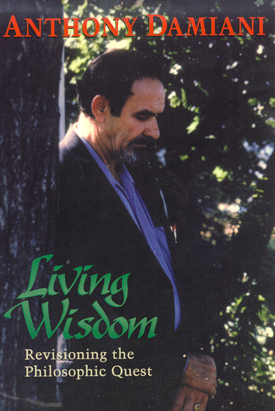
.jpg)
